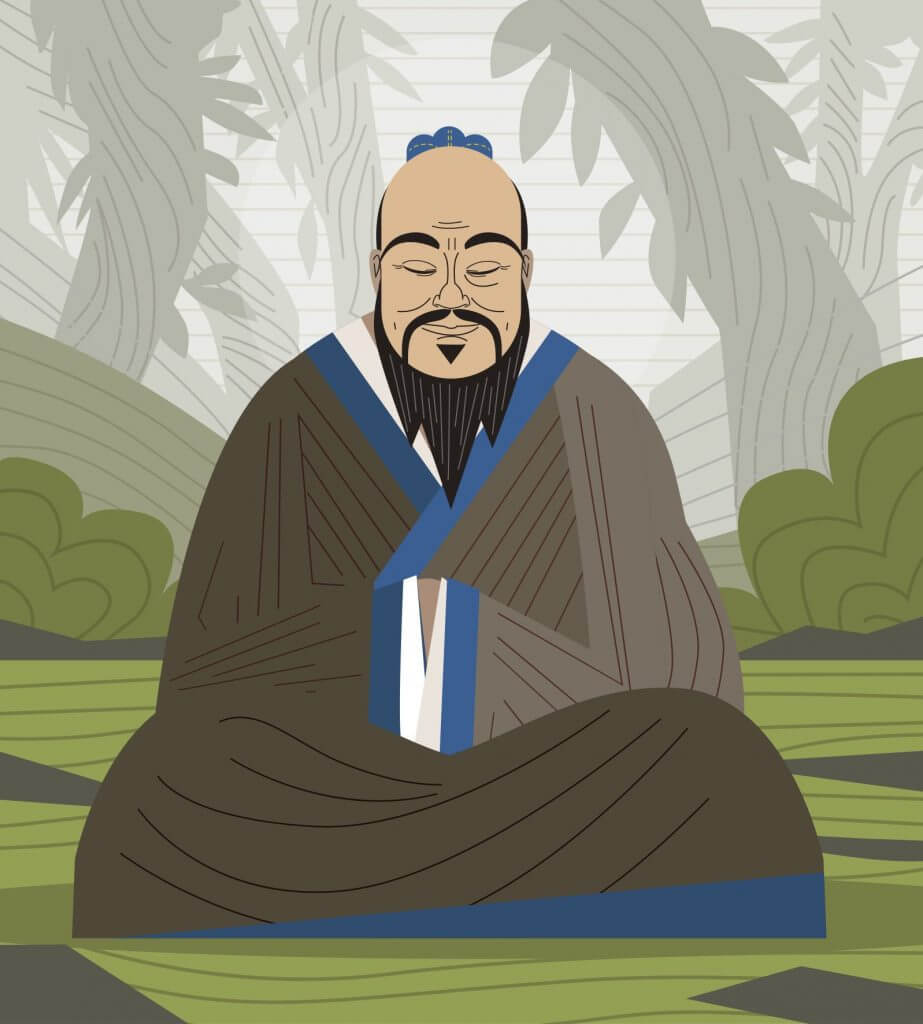Compliance, Culture, and Confucius


Contributed by: Will McSpadden, Risk Specialist


Building a strong culture of compliance within an organization where it is weak will always be an uphill ordeal to the dutiful compliance professional as he or she must convince people to give up their bad habits, which are typically short-sighted with short term payoffs, for good habits which require more effort yet have greater and sustainable payoffs. Cultures of fraud and waste can be a troubling mess for any compliance officer, new or old to the profession, but those compliance professionals should know that one person can make a difference and improve a culture. History has shown us how wise people who lead by example can make a difference.
The Rise of Confucius
It was the ancient Chinese philosopher, Kong Qiu, whom we know today as Confucius, who set out to change his own culture nearly 2500 years ago. Confucius was born into a divided country rife with political and social discord and in the middle of this he realized his society’s culture had to be changed if there was going to be any harmony. In the course of his life, Confucius believed the best way to change his culture would be through a top down pattern. If the king were to behave ethically then the nobles under him who sought his favor would follow his lead, then those who followed the nobles would follow their example, and so one and so forth down through the hierarchy.
In the Chinese religion of Confucius’ age, the actions of humans was thought to play a role in the ordering of the universe through what was called Li, meaning rituals, customs, and proper social behavior. By performing rituals, a person could make the “invisible visible” by showing the underlying order to the cosmos.
Just as a human actions help to order the universe, so can human actions order the mind. Confucius and his followers indicated that you must first learn how to act good through ritual and proper social decorum, only then can you begin to think in a good and virtuous manner.
Ritual as Cornerstone
Within our modern Western world, these ideas might seem outdated, but there is still applicable wisdom to them. Ritual in our lives might consist a graduation ceremony, singing “Happy Birthday” while serving a birthday cake with lit candles, having a member of our extended family say a blessing or toast before a holiday meal, or even a simple handshake could be considered a ritual. Gestures, modes of dress, modes of speech, and much more are all rituals. For Confucius the importance of ritual to culture was that it provided a foundation for good actions which might in turn lead to virtuous thinking, virtuous behavior, and a virtuous culture.
A compliance officer who has been charged to oversee and define his or her organization’s culture, could do well to take a bit of instruction from an ancient Chinese philosopher. Introduce policy to reinforce rituals and traditions which celebrate the collective whole of your organization along with its performance, goals, and values. Let your rituals highlight the good which your organization does for people and society and make the “invisible visible.” For example:
- Assign a theme to a month based on one of the company’s core values or part of the mission statement.
- Have employees take part in a “signing” ceremony in which they should sign a pledge, promising to embrace the theme and the virtues behind it. Try to have members of upper management present to reinforce the significance of this event and have them sign as well.
- Ask employees for submissions of visual art pieces, poetry, songs, videos of dances, or elaborate handshakes which embody the theme for the month with recognition and a prize for the best submission. The materials produced can be used on the company website or other media.
Remember that good action leads to good thinking, creating a good culture which can proactively reinforce its own compliance values.
“I hear and I forget. I see and I remember. I do and I understand.”
Confucius





































